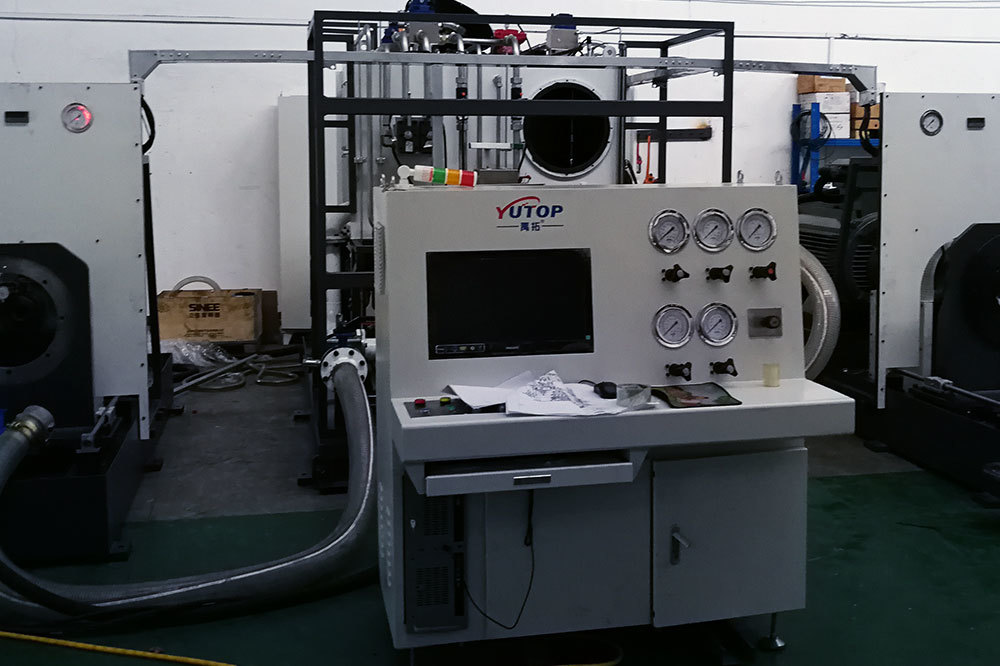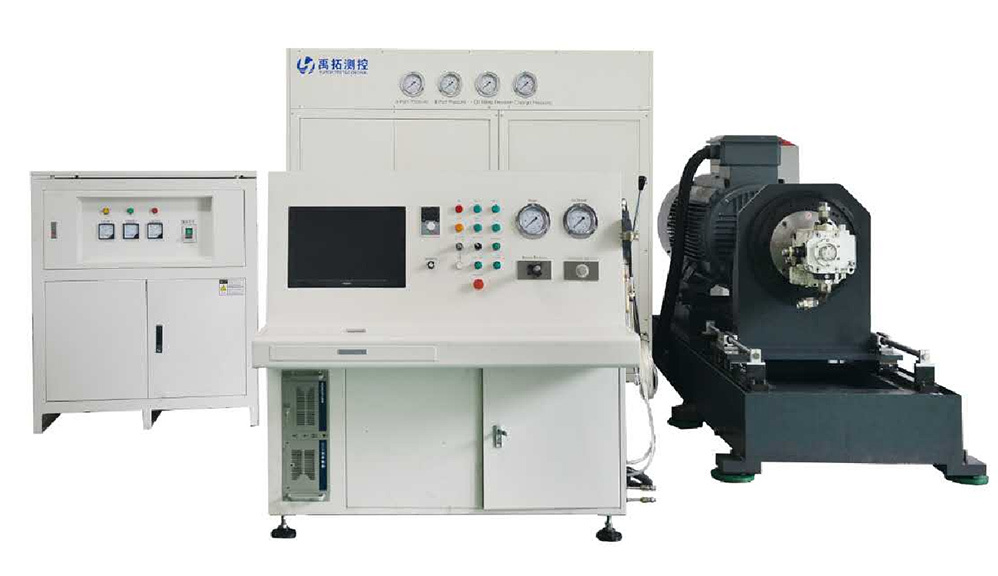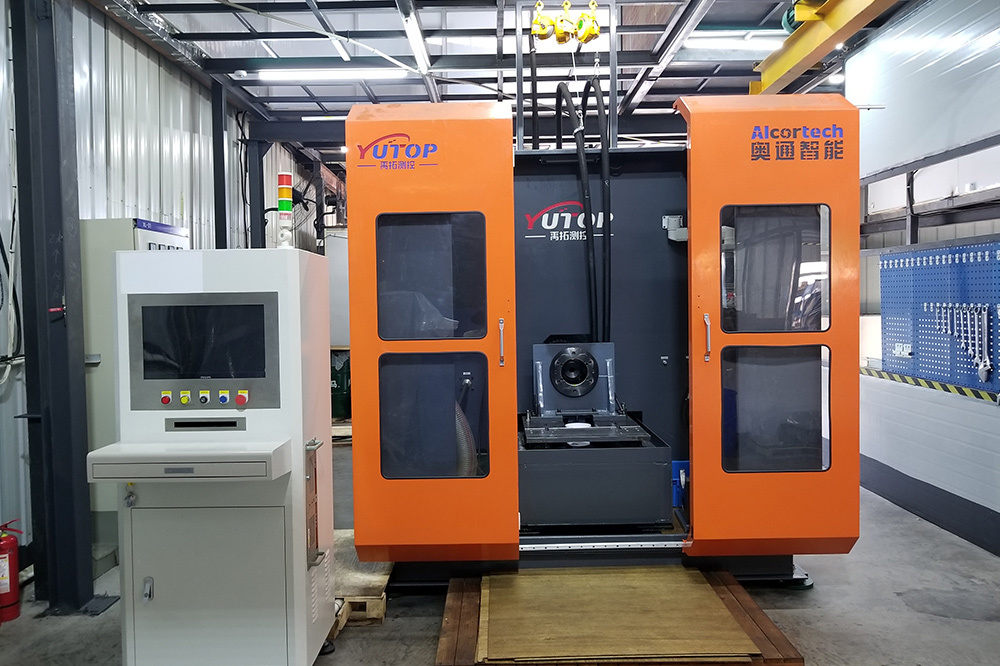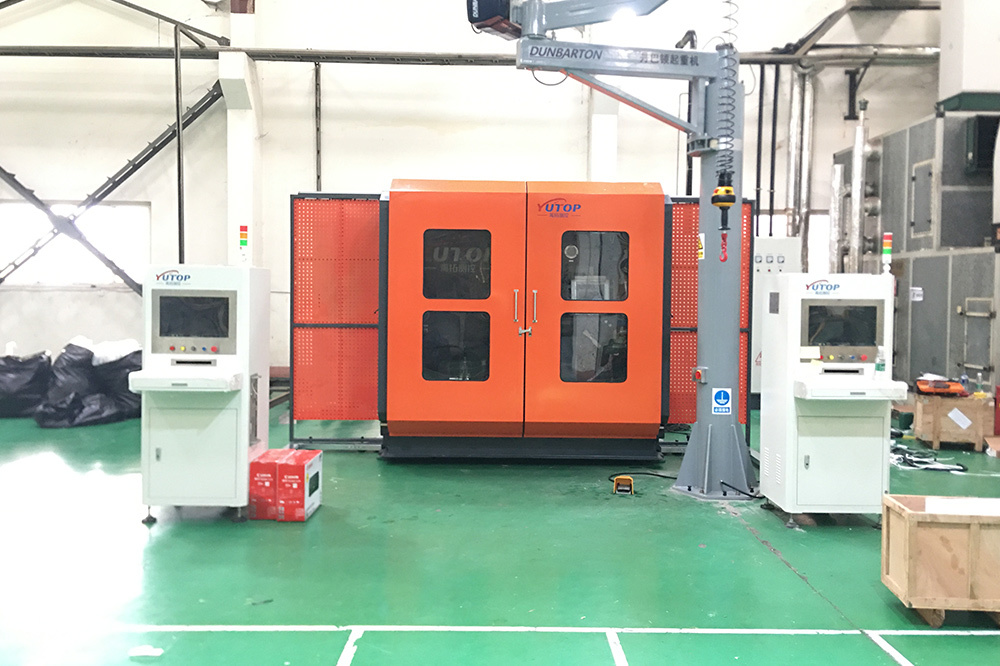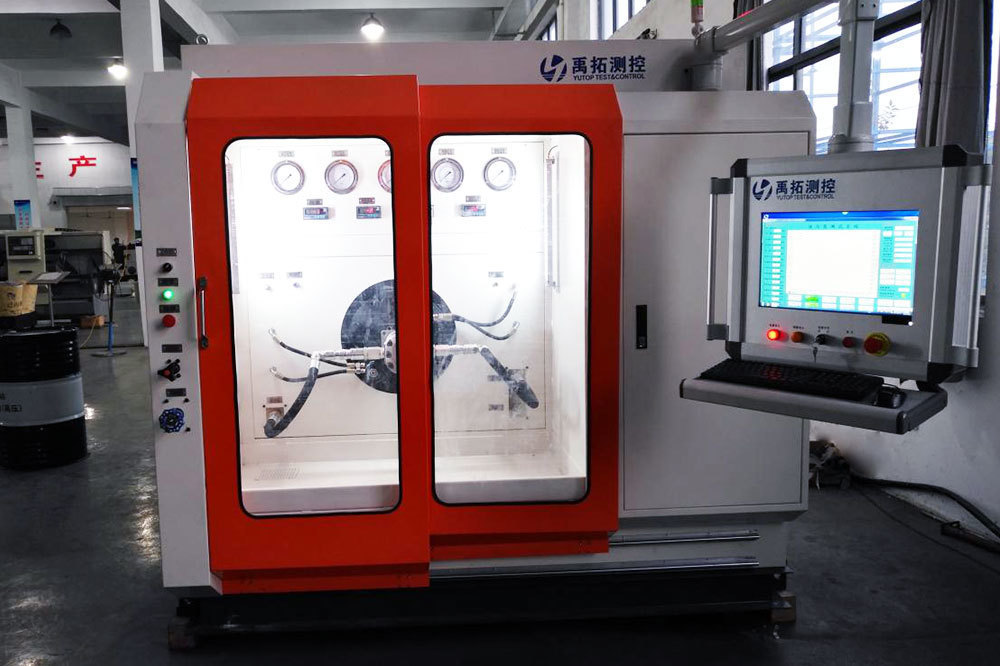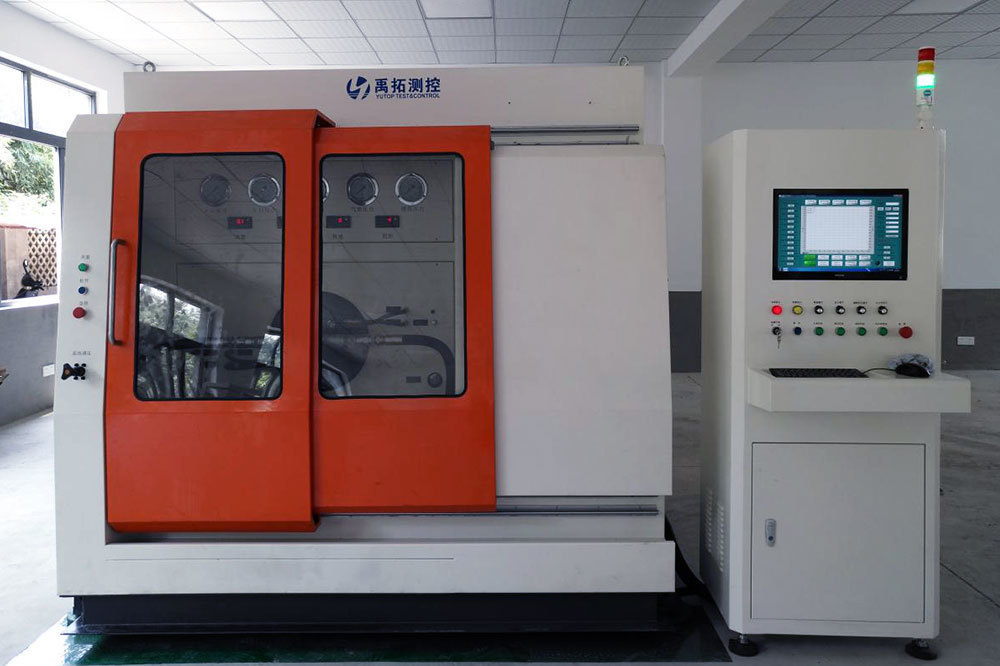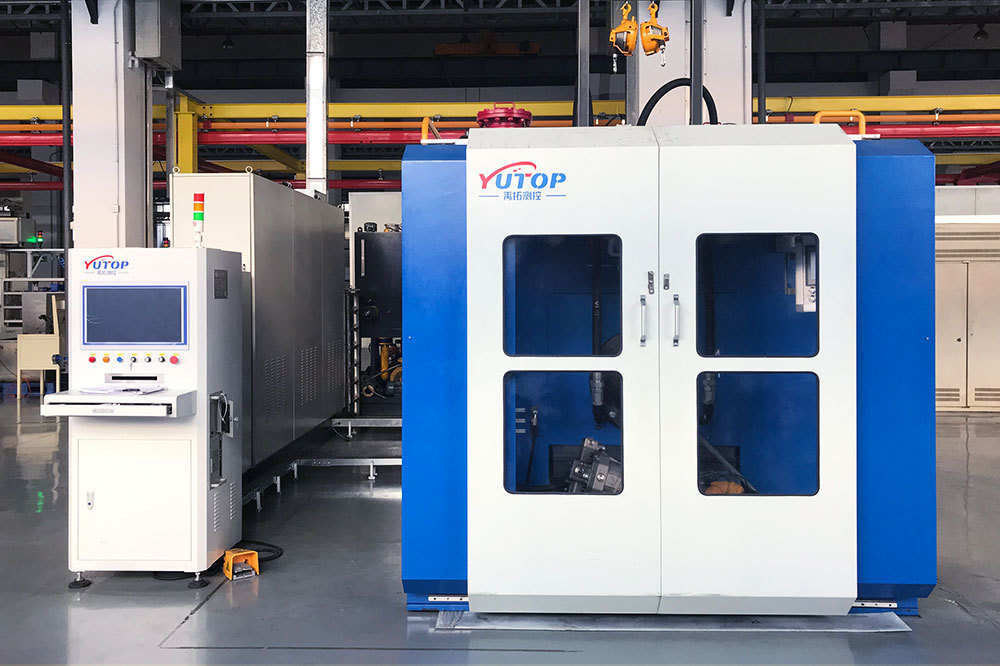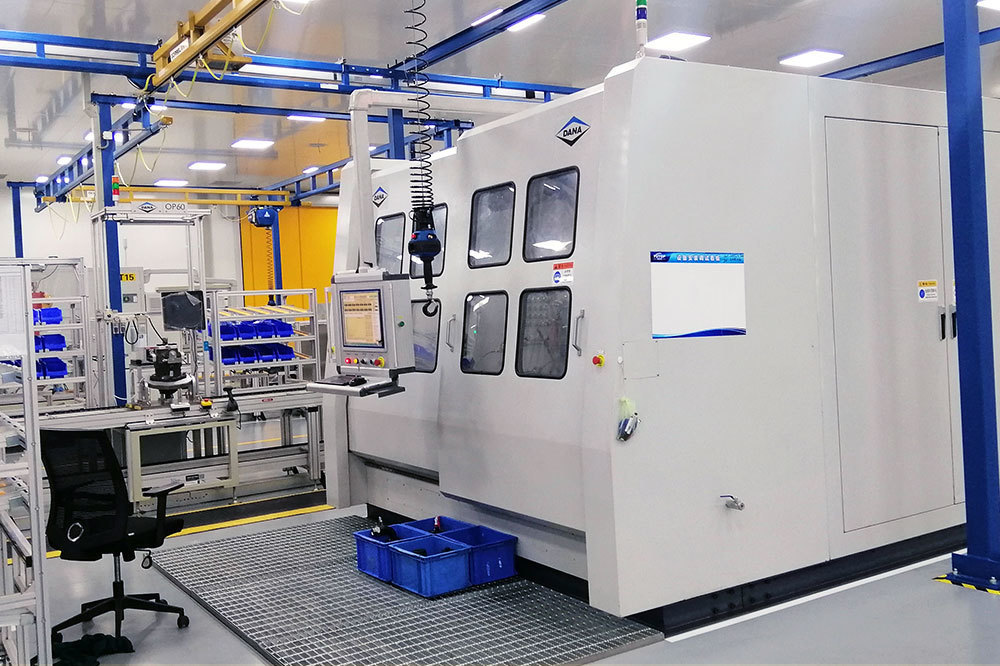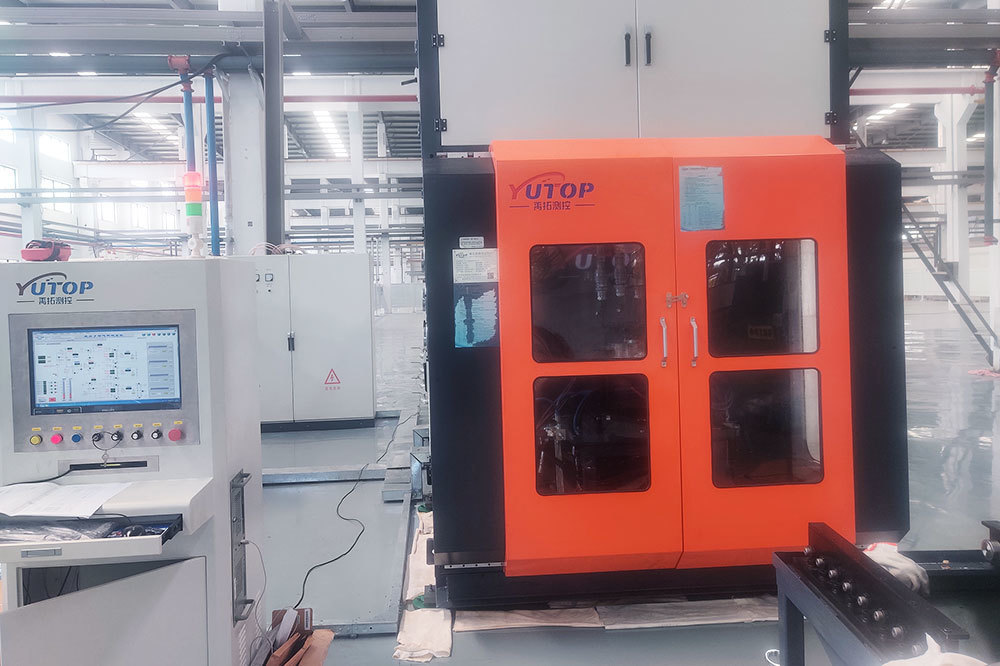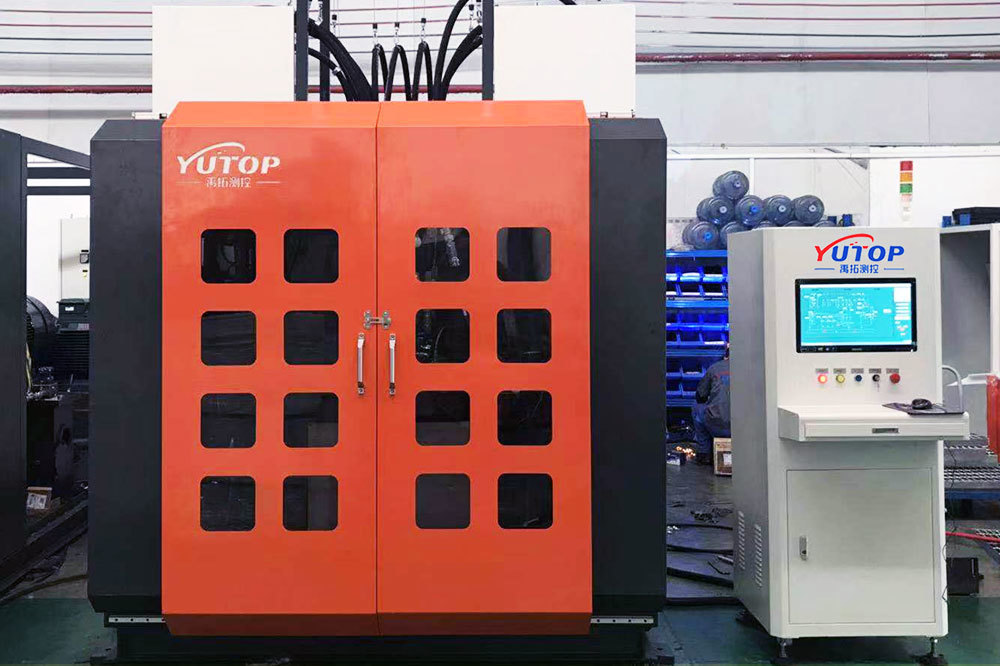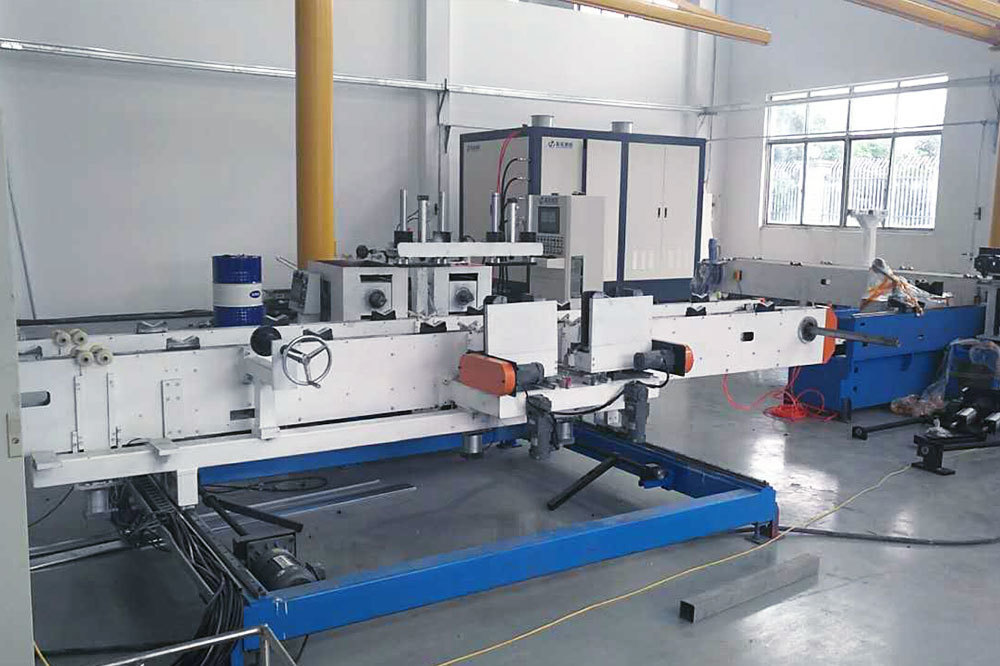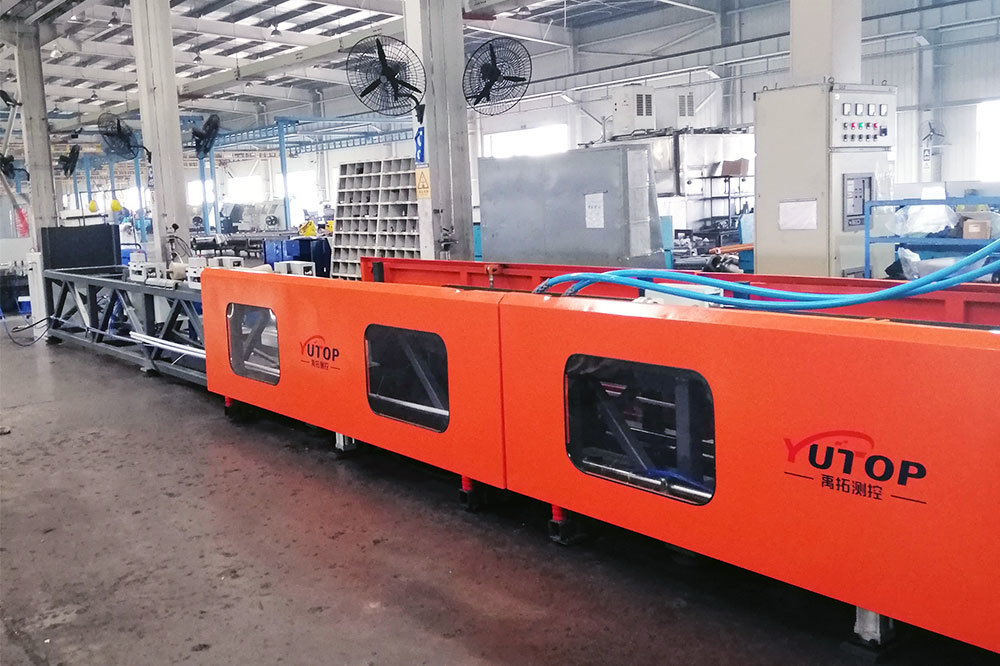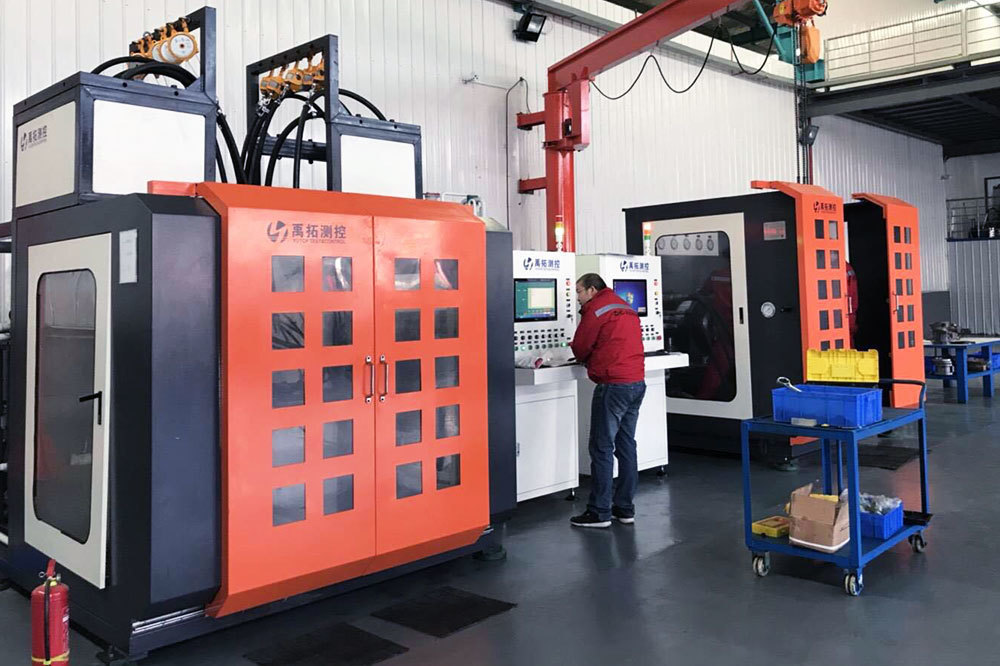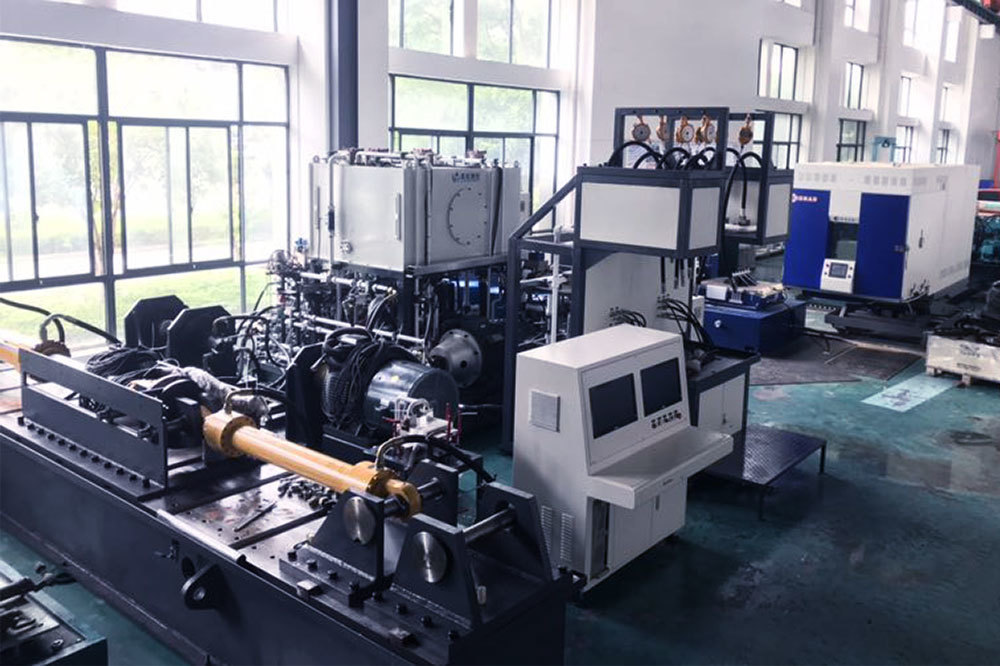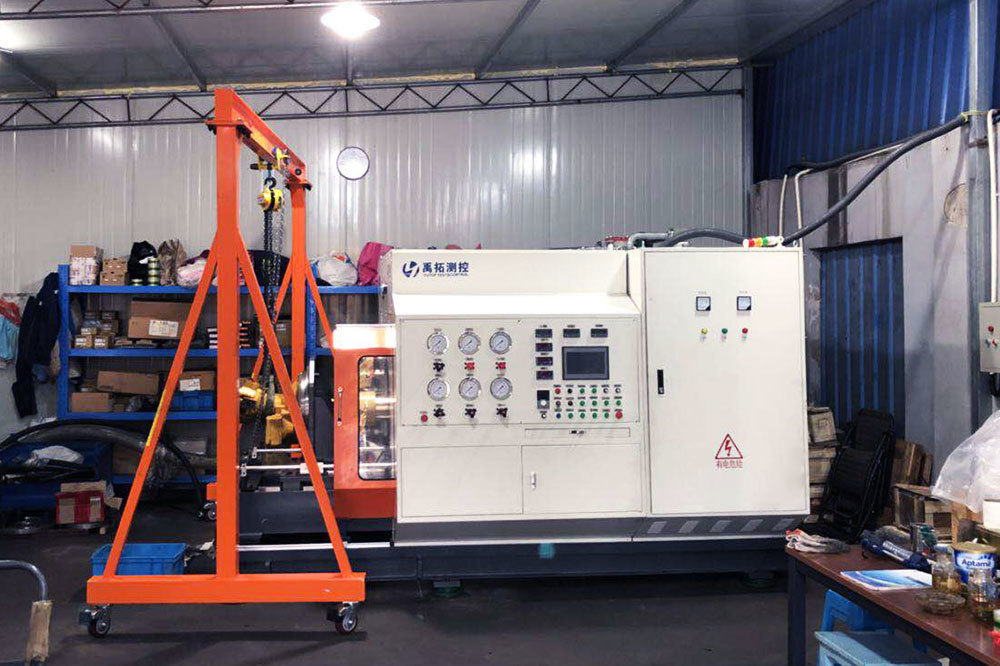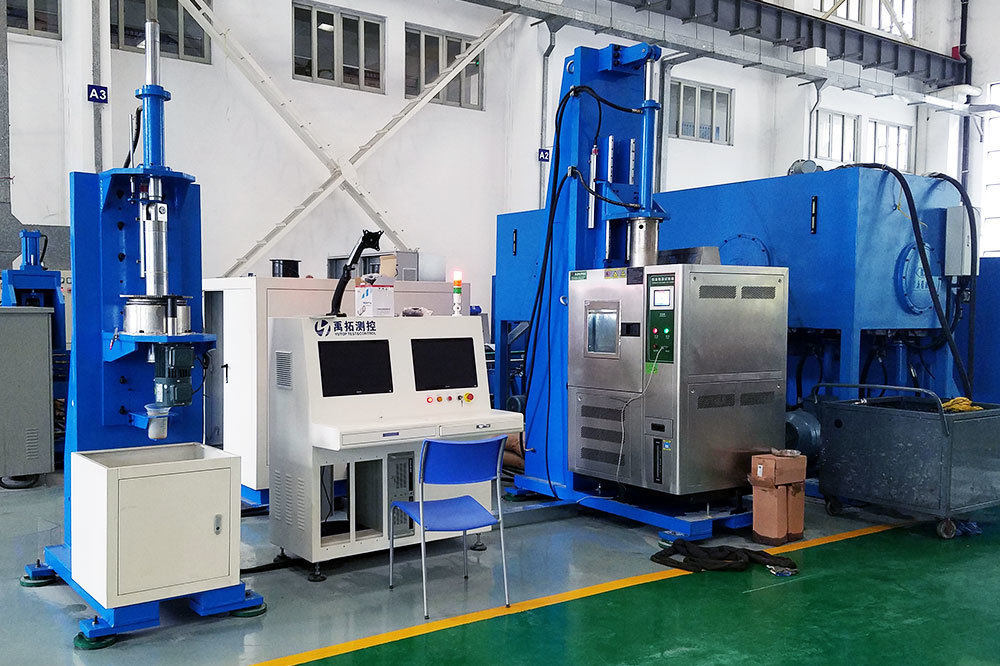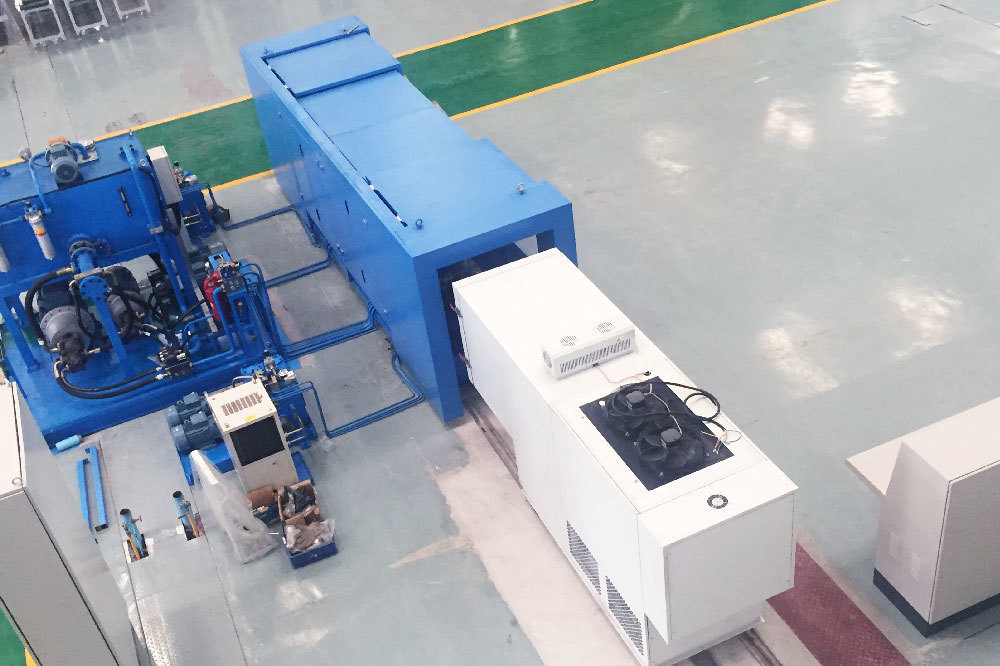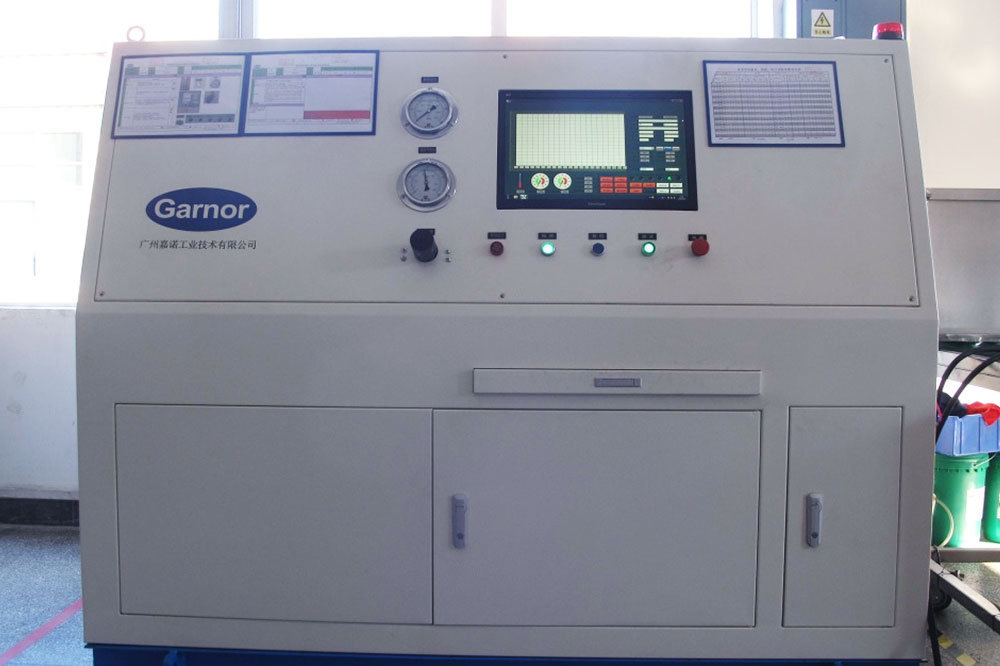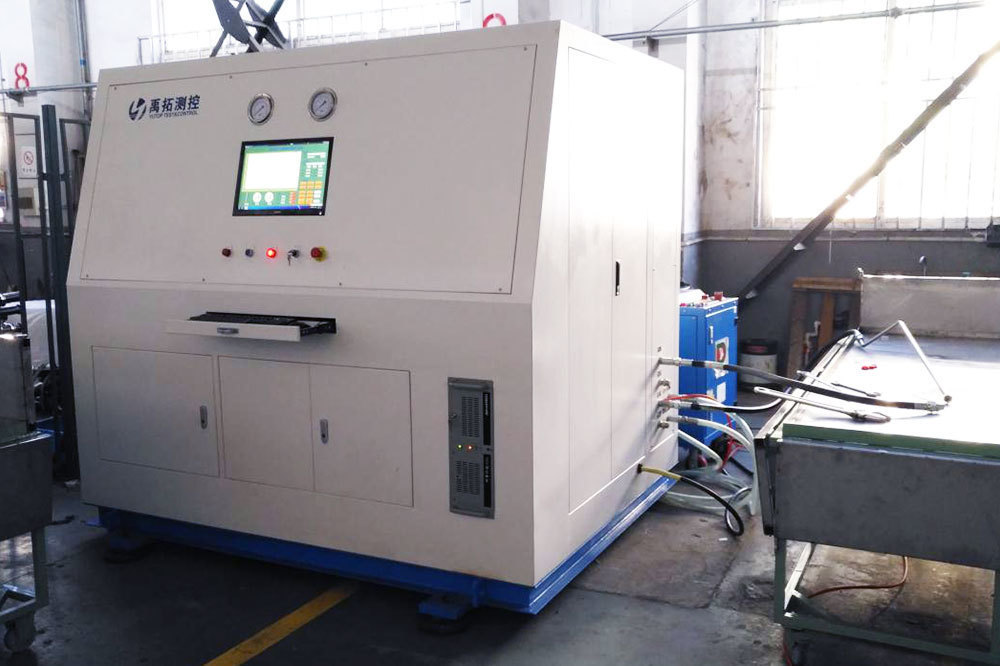Top 10 Benefits of Using Piston Pump Testing Equipment for Quality Assurance
Top 10 Benefits of Using Piston Pump Testing Equipment for Quality Assurance Piston pumps are integral components in various industries, from manufacturing to energy production. As the demand for quality assurance increases, the importance of reliable testing equipment becomes paramount. In this article, we will explore the top ten benefits of using piston pump testing equipment, shedding light on
Sep 30,2025
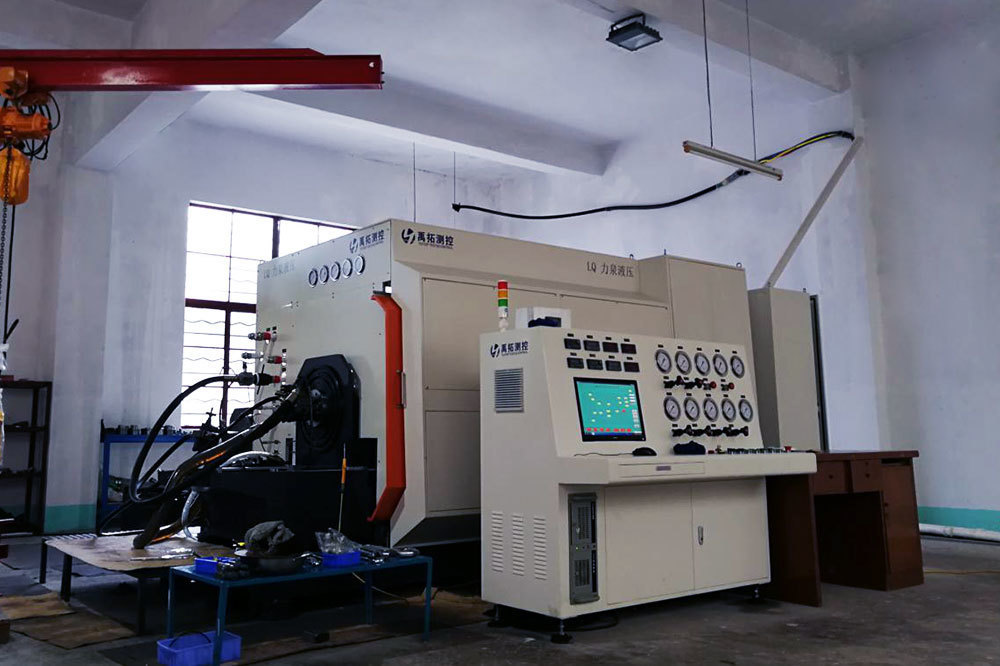
Top 10 Benefits of Using Piston Pump Testing Equipment for Quality Assurance
Piston pumps are integral components in various industries, from manufacturing to energy production. As the demand for quality assurance increases, the importance of reliable testing equipment becomes paramount. In this article, we will explore the top ten benefits of using piston pump testing equipment, shedding light on its critical functions and advantages in maintaining quality standards.
Why Quality Assurance in Piston Pumps is Essential
Quality assurance in piston pumps directly impacts the efficiency and reliability of industrial processes. By ensuring that pumps operate within specified parameters, businesses can minimize downtime, reduce costs, and enhance overall productivity. With the right testing equipment, facilities can achieve superior performance and maintain compliance with industry regulations.
Understanding Piston Pump Testing Equipment
Piston pump testing equipment encompasses various tools and technologies designed to evaluate the performance and reliability of piston pumps. These devices measure parameters such as pressure, flow rate, and efficiency, providing essential data for quality assurance. Investing in advanced testing equipment helps organizations detect issues early, streamline operations, and extend the lifespan of their equipment.
The Top Ten Benefits of Piston Pump Testing Equipment
1. Enhanced Performance Monitoring
One of the primary benefits of piston pump testing equipment is its ability to monitor performance effectively. Regular testing allows operators to assess the efficiency of pumps and identify any deviations from standard operating conditions. By addressing performance issues promptly, organizations can optimize their systems and prevent costly failures.
2. Increased Reliability and Safety
Utilizing testing equipment ensures that piston pumps operate safely and reliably. By conducting routine tests, potential malfunctions can be identified before they lead to catastrophic failures. This proactive approach not only enhances safety but also protects personnel and equipment, fostering a secure working environment.
3. Cost-Effectiveness
Investing in piston pump testing equipment can lead to significant cost savings over time. By preventing unexpected breakdowns and ensuring that pumps operate efficiently, businesses can lower maintenance costs and reduce downtime. Furthermore, identifying inefficiencies helps in optimizing energy consumption, which translates to lower operational expenses.
4. Compliance with Industry Standards
Piston pumps must adhere to many industry standards and regulations. Testing equipment helps ensure compliance by providing accurate data on pump performance. Meeting these standards not only enhances credibility but also protects businesses from potential legal and financial repercussions.
5. Improved Product Quality
Quality assurance through testing equipment leads to improved product quality. By ensuring that piston pumps operate within specified parameters, industries can produce consistent and high-quality outputs. This reliability is crucial for maintaining customer satisfaction and building brand loyalty.
6. Data-Driven Decision Making
Piston pump testing equipment generates valuable data that can drive informed decision-making. Analyzing performance metrics allows organizations to identify trends, forecast maintenance needs, and make strategic operational adjustments. This data-centric approach enhances overall productivity and operational efficiency.
7. Longer Equipment Lifespan
Regularly testing piston pumps can significantly extend their lifespan. By identifying wear and tear early, organizations can perform necessary maintenance and replacements before minor issues escalate into major problems. This proactive maintenance approach ensures that equipment remains operational for an extended period, maximizing return on investment.
8. Enhanced Customization and Adaptability
Advanced testing equipment can be customized to meet the specific needs of different industries. This adaptability ensures that organizations can tailor their testing processes to suit their operational requirements. Whether a company operates in pharmaceuticals or manufacturing, customized testing solutions enhance overall performance.
9. Simplified Troubleshooting
When issues arise, piston pump testing equipment simplifies the troubleshooting process. By providing clear and accurate data, it helps technicians quickly identify the root cause of problems. This efficiency reduces downtime and allows for faster resolutions, which is essential in high-pressure industrial environments.
10. Environmental Sustainability
Utilizing piston pump testing equipment contributes to environmental sustainability. By ensuring efficient operation and reducing energy consumption, businesses can minimize their carbon footprint. Furthermore, preventing leaks and spills through testing promotes environmental protection, aligning with global sustainability goals.
Choosing the Right Piston Pump Testing Equipment
When selecting piston pump testing equipment, several factors should be considered:
1. Purpose and Application
Identify the specific applications your piston pumps will be used for. Different industries may require different testing capabilities, so it’s essential to choose equipment that aligns with your operational needs.
2. Accuracy and Reliability
Ensure that the testing equipment offers high accuracy and reliability. Look for devices with proven track records and customer testimonials to gauge their performance.
3. Ease of Use and Maintenance
Select equipment that is user-friendly and requires minimal maintenance. This ensures that your team can operate the testing equipment efficiently without extensive training.
4. Cost and Budget
Consider your budget when selecting testing equipment. While investing in high-quality devices may require a higher initial outlay, the long-term benefits often outweigh the costs.
Implementing a Testing Strategy
To maximize the benefits of piston pump testing equipment, organizations should implement a comprehensive testing strategy:
1. Regular Scheduling
Establish a schedule for routine testing. Regular assessments will help maintain optimal performance and extend the lifespan of piston pumps.
2. Training Personnel
Invest in training for personnel operating testing equipment. Well-trained staff can ensure accurate data collection and effective troubleshooting.
3. Analyzing Results
Regularly analyze testing results to identify trends and areas for improvement. Use this data to inform maintenance schedules and operational strategies.
4. Continuous Improvement
Adopt a culture of continuous improvement by regularly reviewing and updating testing protocols. This commitment to quality can lead to enhanced operational efficiency and product quality.
FAQs About Piston Pump Testing Equipment
1. What is piston pump testing equipment?
Piston pump testing equipment consists of tools used to evaluate the performance, efficiency, and reliability of piston pumps in various industrial applications.
2. How often should piston pumps be tested?
Regular testing schedules should be established based on operational demands, but routine testing at defined intervals (monthly or quarterly) is recommended.
3. Can piston pump testing equipment be customized?
Yes, many piston pump testing equipment manufacturers offer customizable solutions tailored to specific industry needs and operational requirements.
4. What are the key parameters measured during testing?
Common parameters include pressure, flow rate, efficiency, and overall performance metrics, which help assess the pump's operational status.
5. Is investing in testing equipment cost-effective?
Yes, while there may be an initial investment, the long-term savings from reduced downtime, lower maintenance costs, and improved efficiency justify the costs.
Conclusion
In summary, piston pump testing equipment plays a vital role in ensuring quality assurance across various industries. By enhancing performance monitoring, increasing reliability, and reducing costs, these tools provide significant advantages that cannot be overlooked. Implementing a robust testing strategy with high-quality equipment can lead to improved product quality, compliance with industry standards, and a culture of continuous improvement. Organizations that invest in piston pump testing equipment are better positioned to thrive in today's competitive landscape.
PREVIOUS:


